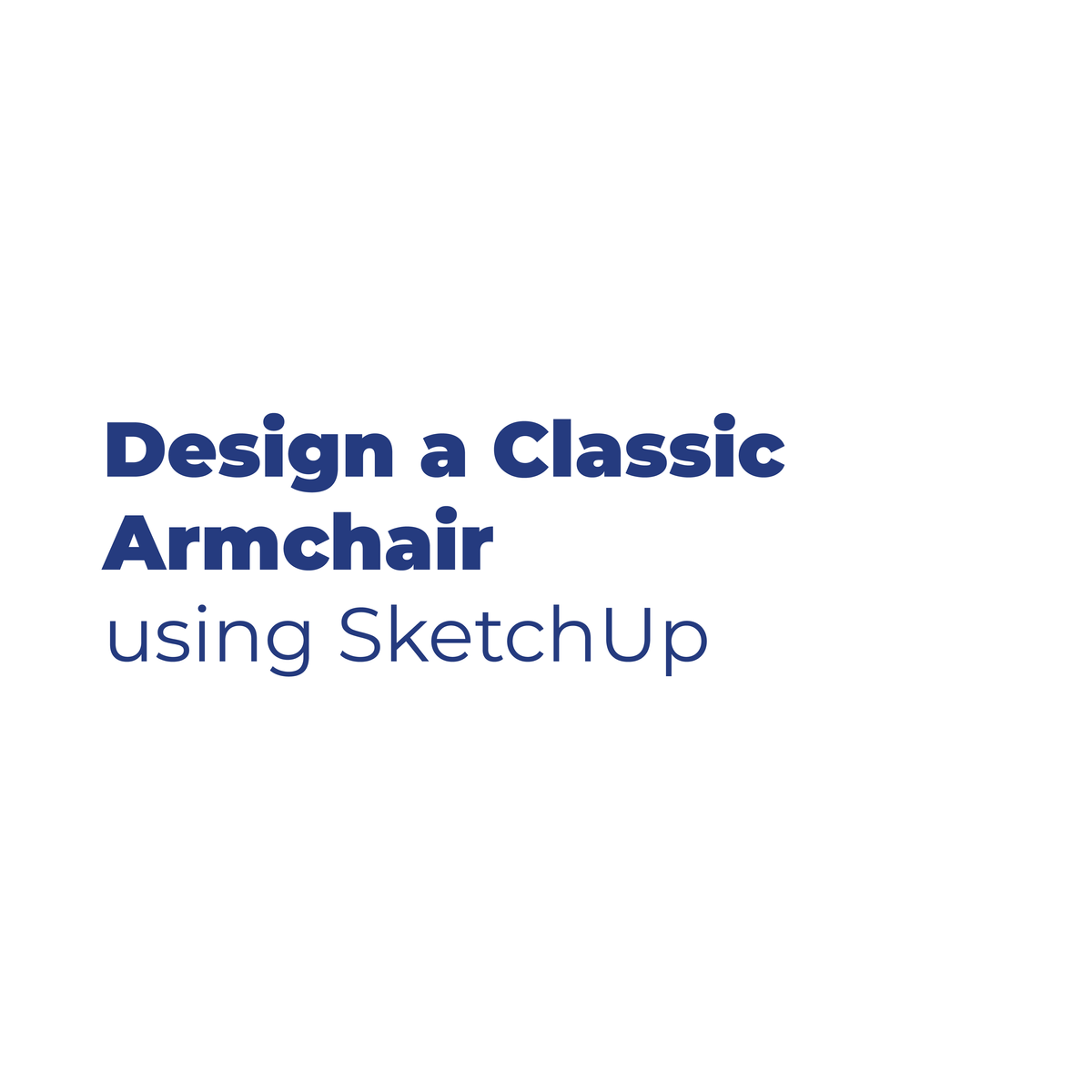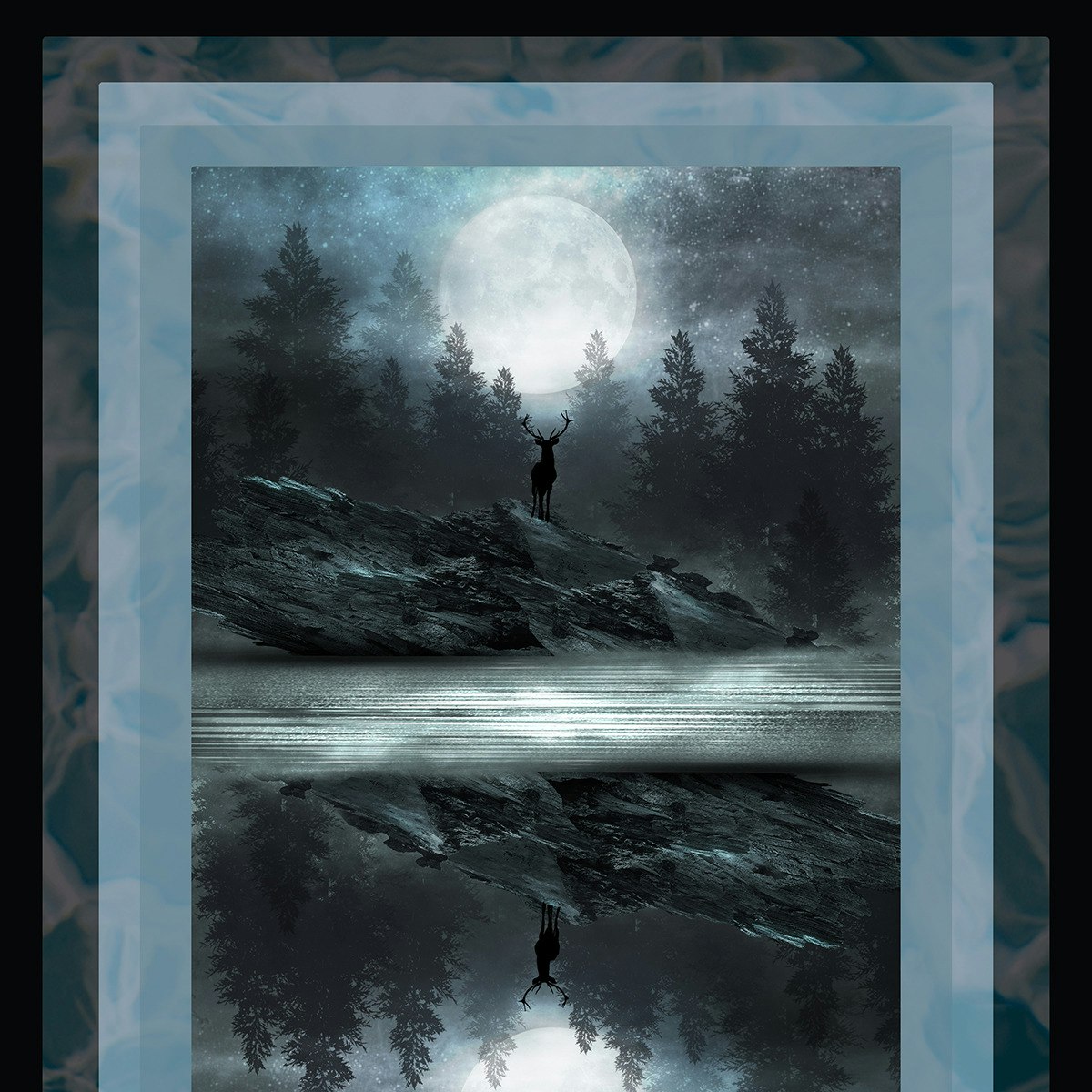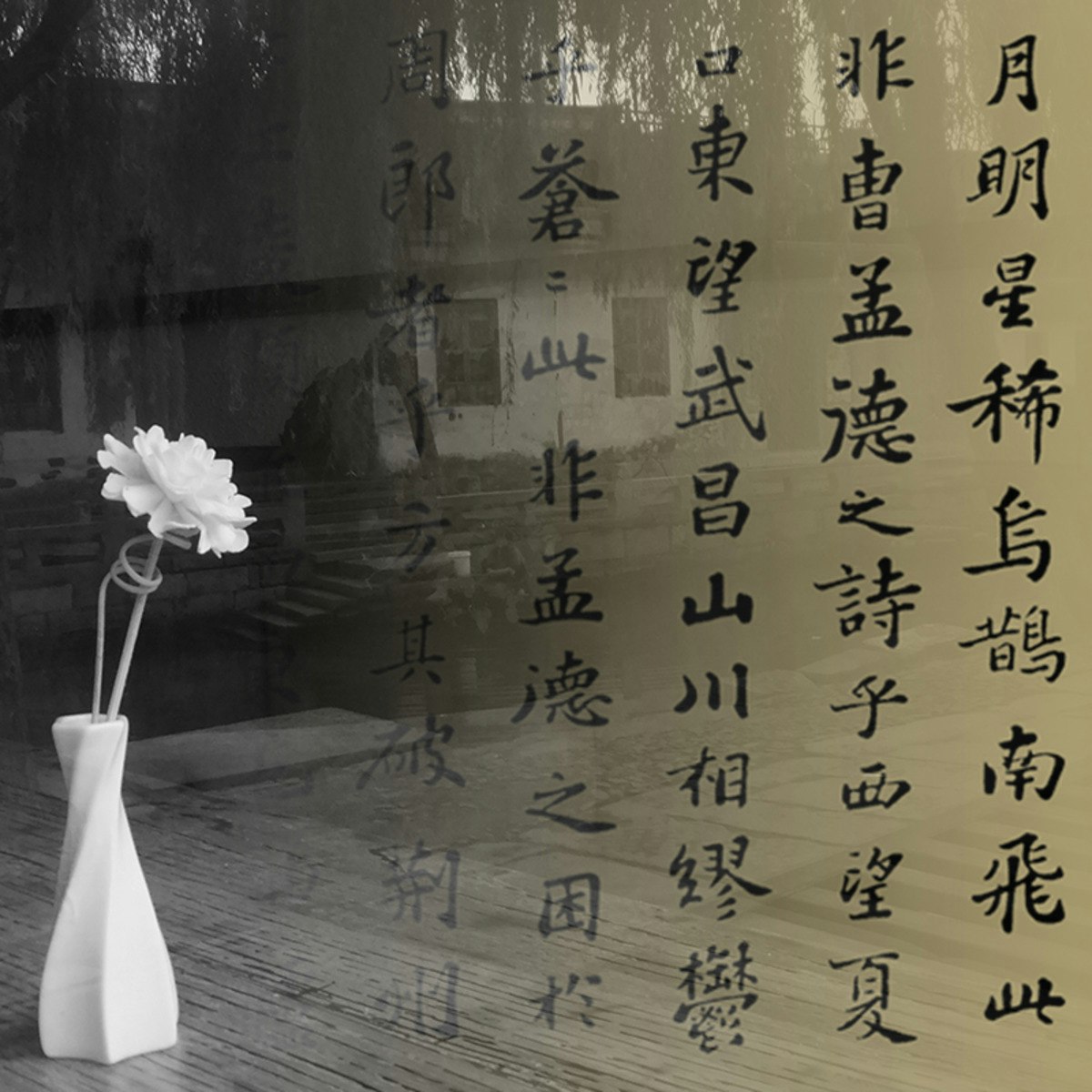Back to Courses









Music And Art Courses - Page 12
Showing results 111-120 of 257

Guitar for Beginners
Grasp the essentials needed to begin playing acoustic or electric guitar. You'll learn an easy approach to get you playing quickly, through a combination of exploring the instrument, performance technique, and basic music theory.
For students who have long thought about picking up the acoustic or electric guitar, this course will provide an easy-access foundation that will get you playing. When first learning guitar, it is important to have the material presented in stages, in an enjoyable way that allows you to grasp the basics of the instrument and music. The course begins simply with the parts of the guitar, the names of the strings, tuning, and technique—whether finger-style or pick. It then explores the basics of music theory with such topics as scales, triads, power chords, and fingering and shapes.
At the end of this course, students will understand the structure, parts, and accessories of the instrument, in addition to an understanding of its basic maintenance. Electric guitar players will learn the operation of their instrument along with basic options for amplification, effect pedals, and sounds. Students will also learn to develop correct technique and apply theory concepts to their playing. They will have the foundational knowledge necessary to pursue most intermediate guitar courses.

Copyright for Multimedia
Copyright questions about different formats (data, images, music and video) can be especially difficult. Sometimes the law specifically distinguishes between these different formats, and in most cases there are media-specific considerations that impact a copyright analysis. In this course we will look at four different media, paying special attention to the unique issues for each one and the kinds of information that is important when making copyright decisions for each type of material. We will work through fair use issues for each multimedia format, look at format-specific exceptions in the law, and consider unique issues for seeking permission for film, music, images and data.
At the end of this course, participants will have a deeper understanding of how to apply our framework for making copyright decisions, and will be more comfortable with assessing multimedia issues. They will have gained more and more diverse experience for considering fair use.

Electronic Music Performance Techniques
From the Moog analog synthesizers in the 1960s to the contemporary usage of computers, performance controllers, and mobile devices, Electronic Digital Instruments (EDIs) have long been capable of offering artists a new range of musical expression. In this one-of-a-kind course, you'll learn the essential skills you need to perform on an EDI.
Your instructor is EDI musician and Berklee College of Music's Electronic Production and Design professor Rishabh Rajan.
He will take you through the basics of EDI performance and give you pointers on how to build an arrangement on your EDI. Whether you have just ordered your first pad-controller or have already been experimenting with electronic music, this class will teach you the basics of performing and arranging on the EDI. You will start by learning how to build drum beats and read drum notation. Then you will create bass lines and harmonic accompaniment. Finally, you will learn how to live loop all of these elements and perform an arrangement for a live audience.

Product Design: Draw a Classic Armchair using SketchUp
In this 1-hour long project-based course, you will learn how to conduct a complete research on the basic dimensions of a classic Armchair, design the Chair Legs using the research measurements, design the chair’s handles and seat, design the back of the Chair, the Cochin and the Pillow and finally give it a realistic features by rendering the final design.
Note: This course works best for learners who are based in the North America region. We’re currently working on providing the same experience in other regions.

Layering Techniques for Adobe Photoshop
Think of an image; ideally one you see every day. Think of what it looks like on the surface, with all of the colors blended together to create a masterpiece before your very eyes. Whether this wonder was created on a canvas, or a digital platform, there is more depth to it than it first appears. Layer upon layer was woven together to form the image you see in your mind.
In this project, you will learn the technique needed to do this very thing using Adobe Photoshop; another step along the path of artistic mastery.

The Music of the Rolling Stones, 1962-1974
This course will survey the music of the Rolling Stones, beginning with the roots and first formation of the band in the early 1960s, and following the group through the release of It's Only Rock 'n' Roll in late 1974.

How to Draw with the Pen tool in Adobe Illustrator
By the end of this project, you’ll be comfortable using the pen tool to create all kinds of lines and shapes, from basic to complex in Adobe Illustrator. To master the pen tool, you’ll create multiple vector leaves—one with sharp corners and one with curving paths.

Serious Gaming
Have you ever wondered how playing games can help us to train people, deal with societal challenges or raise awareness of contemporary social issues?
In this MOOC you will learn the ins and outs of games that are designed with exactly those purposes in mind: serious games. We will define serious games and discuss the different types that have been developed. We will explain why people like to play them and what impact they may have. State of the art theories from game studies, philosophy and media psychology will be used to help you understand how serious games work and how they appeal to players. The potential impact of gaming is addressed in detail by discussing persuasive games, which aim at changing the player's attitude. Throughout the MOOC, theoretical insights will be illustrated with playful animations and case studies of serious games that are developed by world-class companies in the city of Rotterdam.
This MOOC is particularly interesting for you when you are a student considering to study digital media such as serious games, a professional interested in the opportunities these games may create for your organization, or a game developer who wants to know more about the impact serious games can have. Note that this MOOC will not teach you how to design a serious game.
Watch the teaser for this MOOC here: https://www.youtube.com/watch?v=FqjY1KSsEx8
Are you ready to broaden your vision on serious games? Join this course and be inspired!

Classics of Chinese Humanities: Guided Readings
An introductory yet trenchant exploration of select Chinese classic texts that cover the domains of classical literature, history, philosophy, and fine arts.

How to create presentations using Canva
In this project you will learn how to make presentations using Canva. Canva is a free web design service where you have a wide variety of tools to design all kinds of media you need. Canva is a great option for those looking for an easy-to-use platform to create presentations for corporate, school, and college classes. Canva has many elements that are free and gives you a lot of freedom when it comes to designing. Canva is an extremely useful tool for those who are just starting out and even becomes a very good tool for those who have been designing in more advanced programs for years. It is a quick option that does not need to be installed on your computer and as long as you have an internet connection, it will be an accessible tool. Additionally, it offers a number of templates that facilitate the creative process and a presentation platform where you can use any medium, from images to videos.
Popular Internships and Jobs by Categories
Find Jobs & Internships
Browse
© 2024 BoostGrad | All rights reserved